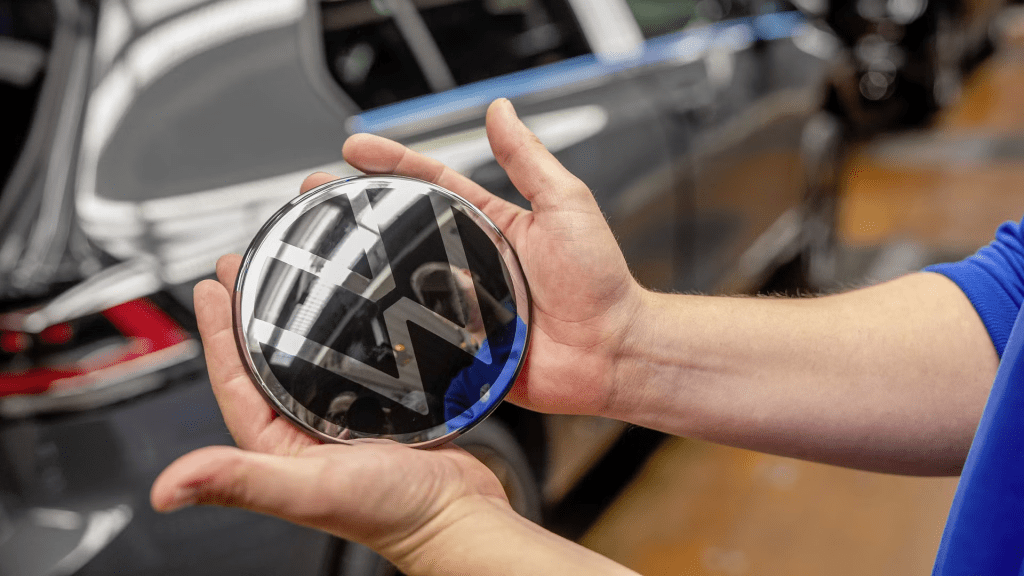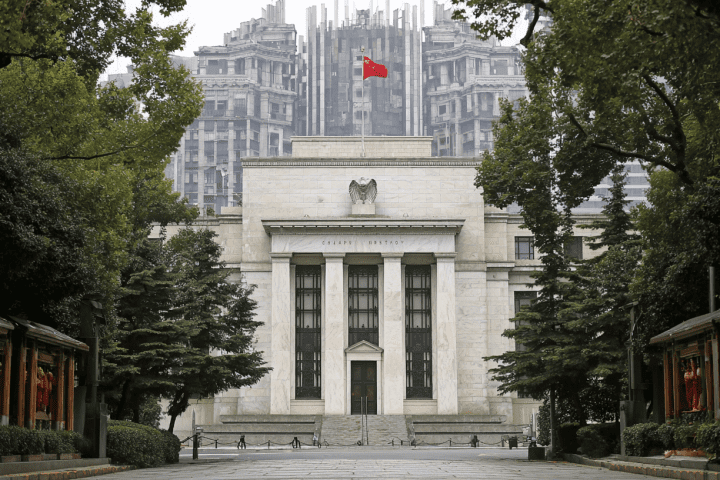Volkswagen is edging closer to a deal with the United States that could ease the impact of trade tariffs on its business, according to chief executive Oliver Blume, as Europe’s largest carmaker pushes for a bigger presence in both the U.S. and European electric vehicle markets.

Speaking at a trade show in Munich on Monday, Blume said the German group, which owns Volkswagen, Audi, Porsche and Seat, has been hit particularly hard by tariffs introduced by U.S. President Donald Trump in April. The 27.5% levy on European cars and parts has already cost the company “several billions” this year, he said.
While Washington has agreed to reduce the tariff to 15%, Blume warned the new rate would still “be a burden for Volkswagen Group.” He described the arrangement as an “asymmetric deal” between the U.S. and EU that distorted competition in Europe.
Volkswagen is now seeking a separate agreement that would reduce the tariff rate further in exchange for “massive” new investments in the U.S. market, including the potential localization of Audi production and an expansion of exports from U.S. plants. “We are in close contact and good talks with the U.S. government, and we hope that we come to a quick solution in the coming weeks,” Blume told Bloomberg TV.
The company’s luxury brand Porsche has been hit especially hard by the tariffs, as its cars sold in the U.S. are manufactured almost entirely in Germany. Combined with weak sales in China, Blume said Porsche is being “squeezed” and faces several billion euros in costs on Volkswagen’s balance sheet this year.
At the Munich show, Volkswagen also unveiled a concept for a new small electric car, part of its plan to capture 20% of Europe’s compact EV market. “These models are built on one concept: e-mobility for everyone, at an attractive price and profitable,” Blume said.
Rival BMW is taking a different approach, preparing a Chinese-made version of its iX3 SUV for release in 2026, with localized software aimed at Chinese buyers.
Trump’s tariff measures have reverberated across the global car industry. In the UK, Lotus announced 550 job cuts, citing tariff uncertainty, while Jaguar Land Rover confirmed plans to cut up to 500 management roles amid weaker sales and fallout from a recent cyber-attack.
For Volkswagen, the coming weeks will be decisive. A favorable deal with Washington could soften the tariff blow and strengthen its foothold in the U.S., while helping fund its bid to make affordable electric cars a mass-market reality in Europe.












